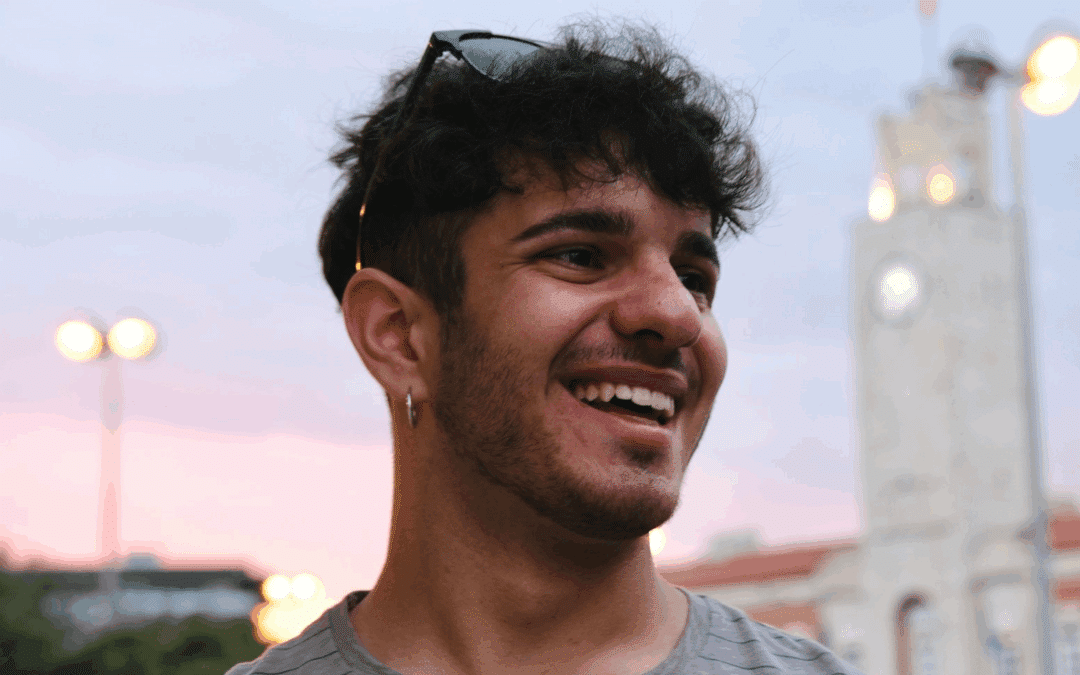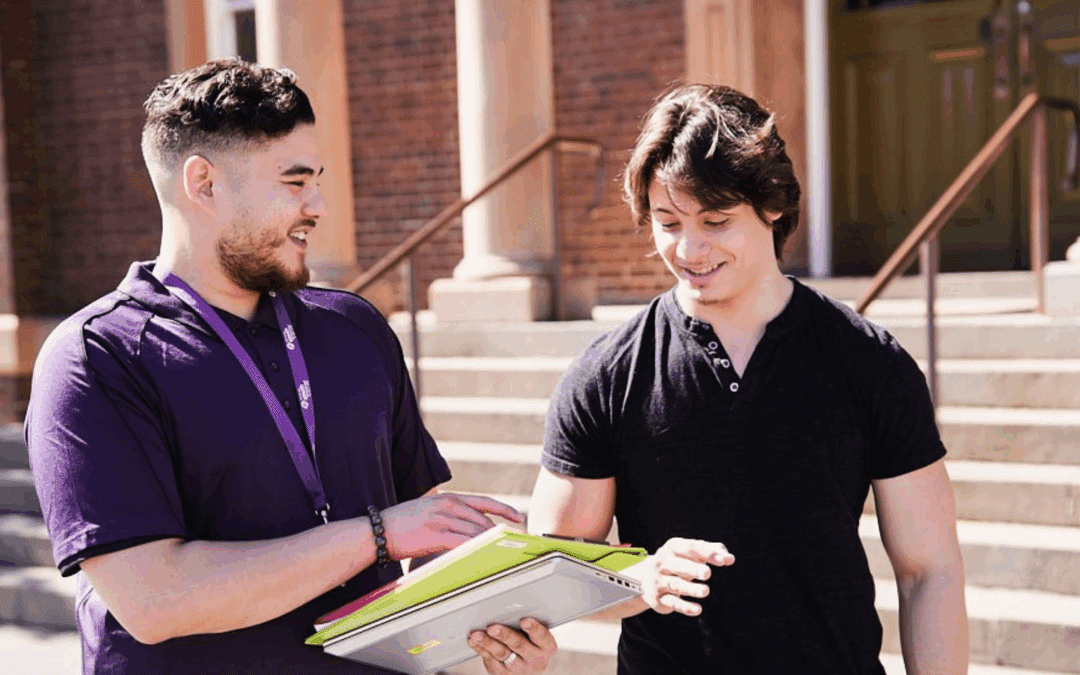Recent media coverage about inhumane conditions at WA’s Banksia Hill Juvenile Detention Centre – and Tasmania’s Ashley Youth Detention Centre just a few months ago – has again put our nation’s approach to youth justice under a spotlight.
In the seven years since the Don Dale exposé, very little has changed. The youth justice system is still putting the safety and wellbeing of some of our most vulnerable children and young people at risk. And none more so than First Nations youth, who are 26 times more likely than their peers to be incarcerated.
Australia is also one of the only developed countries in the world to arrest, charge, prosecute and detain children as young as 10.
No one can deny that addressing youth crime is a complex issue. But rather than relying on punitive responses that can do more harm than good, we need alternatives that address and prevent the root causes of youth offending.
There is ample evidence in Australia and internationally that community-based early interventions are far more effective at reducing youth offending than putting children and young people behind bars.
Despite this, governments continue to spend millions of dollars on youth detention. The NSW Government revealed during a recent budget estimates hearing that it costs taxpayers $713,940 annually to keep a child in custody.
The type of reform Youth Off The Streets is calling for doesn’t mean there would be no consequences for child and youth offenders – quite the opposite.
At Youth Off The Streets, we support young people through a range of diversionary programs, therapeutic pathways, restorative practices and trauma-informed care.
These approaches aim to minimise, mitigate and address the various social, economic and cultural challenges faced by young people at-risk of or currently engaged with the youth justice system.
Restorative justice, which provides a framework for focussing on the harm caused by a crime and repairing relationships, is particularly effective with young people who haven’t developed the social or emotional skills to comprehend all the consequences of their actions.
The human brain is not fully developed until around the age of 25. Until then, good judgement can be overruled by emotion and risky behaviours. When children and young people also have pre-existing trauma, their brain development and cognitive reasoning can be disrupted.
In the 31 years since Youth Off The Streets was founded, we’ve supported countless young people experiencing complex disadvantage and social exclusion who have progressed from family breakdown into homelessness and then into involvement with the youth justice system.
We’re also seeing more young people on the autism spectrum involved with the youth justice system. These young people require therapeutic and specialist disability support from the NDIS, not harmful punitive responses.
In the vast majority of cases, the young people we support through our youth justice programs have committed low-level, opportunistic crimes.
Recently, a young person accessing our homelessness service was caught attempting to steal a can of tuna. She was charged and released with a 12-month Community Correction Order that includes committing no further offences and a court appearance.
For a young person already facing complex life challenges – in this case, homelessness, financial stress and domestic violence – involvement with the justice system makes them even more vulnerable.
Poor decision-making, sometimes motivated by basic survival needs, can plunge young people even further into legal problems. Their health, wellbeing and future are very much on the line.
The intersection between youth homelessness and youth crime is important to highlight here.
Research by YFoundations in 2021 found that homeless young people can struggle to comply with court orders. Their unstable living situation makes it more likely that they will breach bail conditions, community-based orders or parole, which greatly increases their risk of incarceration.*
It’s also important to note that under 18-year-olds can be held in youth detention under Section 28 of the Bail Act (NSW) if they can’t provide an appropriate bail address – and there are many reasons why a young person exiting custody might find themself in this situation.
As well as costing significantly less than $713,940 a year to run, we know that early intervention and diversionary alternatives can prevent young people’s further involvement with justice system.
As just one example, the Kicking Goals 2 Transition program we run in the Brisbane Youth Detention Centre is achieving extremely positive results, with 80% of young people having no further connection with the justice system six months post-program.
Crucially, our staff focus on young people from the Logan area, building relationships and supporting them to develop skills and plans for life after detention. When they exit detention, that all-important continuity of connection and support continues with our Engagement and Support teams in the Logan community.
Despite what some media outlets and their regular reports on ‘youth crime waves’ sweeping the nation would have you believe, the number of youth offenders actually decreased by 38% between 2008 and 2021, according to the Australian Bureau of Statistics.**
Youth offending might be complex and politically charged but there are clear paths to further reductions in youth crime – without causing harm to already vulnerable children and young people.
If we’re serious about achieving better outcomes for children, young people and our communities we must, at a minimum, raise the age of criminal responsibility to at least 14.
Governments need to stop funnelling resources into youth detention, which not only compounds children’s and young people’s trauma but leads to more crime, not less.
We need to start focussing on prevention instead of punitive responses. Community-led therapeutic and diversionary approaches, not incarceration.
Learn more about our youth justice support services.
*Young, in trouble and with nowhere to go: Homeless adolescents’ pathway in and out of detention in NSW, YFoundations, 2021
** Recorded Crime – Offenders, 2020-21 financial year | Australian Bureau of Statistics (abs.gov.au)



